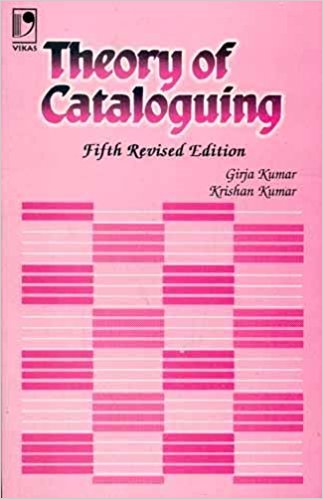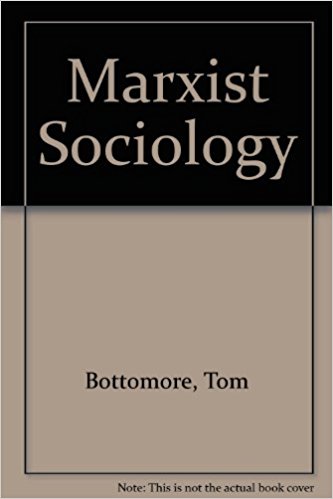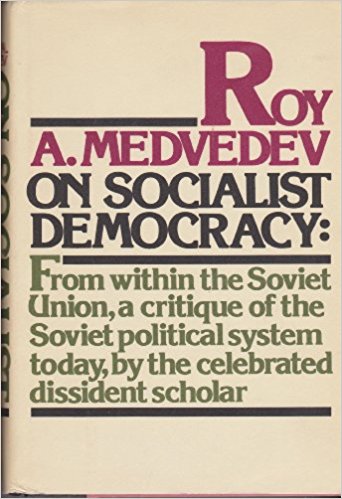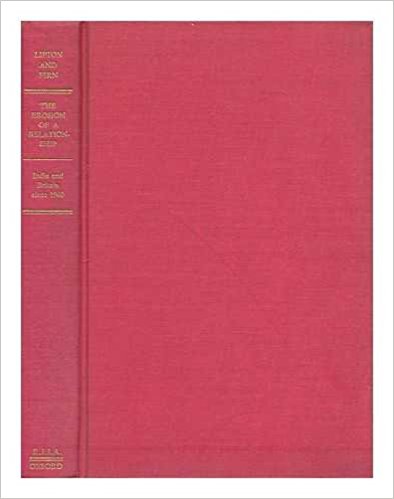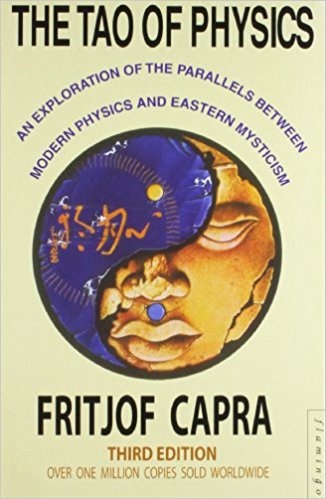Books on the fine arts are few in Kannada, and most of these offer a few general remarks on the growth of these arts in India—such as that the arts have been wedded to religion in this country for centuries—and then proceed to introduce the different schools of a particular art. Dr. Karanth’s…
Archives
July 1976 . VOLUME 1, NUMBER 3Hungarian by birth, Charles Louis Fabri (18991968) became in later life as much an Indian as an Indologist. He was a member of Aurel Stein’s archaeological expedition into the heartland of Asia in the thirties, taught at Santiniketan, was curator of the Lahore Museum, and spent the last two decades of his life in Delhi…
Doctoral dissertations, especially in our time, have a strange habit of finding their way into print. Most of these do not seem to have serious academic value; many of them are not read anyway and are really the products of extra-academic compulsions (one of which is the famous, no longer transatlantic ‘publish or perish’)…
1976
Richard Adams writes a memorable story of redemption through suffering, in his intensely moving Shardik. Readers who are acquainted with Watership Down will find Richard Adam’s second book quite unlike his first in theme and content. Yet equally arresting. The style of writing, the scale…
This book should dispel the apprehension—which is there in the minds of many in the country—that the message of the International Women’s Year and the revival of the movement for development of women, might disrupt our way of life. It reveals the basic fact that even English educated upper middle class urban women…
Andre Gunder Frank’s book which was written at the very beginning of the ascent of the ‘Dependence theory’ is a difficult book to read and to review. It does not make for easy reading partly because the draft which was prepared in 1963, was published almost without change after a lapse of several years…
In any study of developing societies and particularly when efforts are made to analyse the process of transition from traditional patterns to those of modernity, it is inevitable to blur the line between different institutional structures—both traditional and secular. It is very difficult to separate religion from politics…
1974
For outright complexity and inconstancy, the politics and rivalries of the Middle East have few equals. They affect extra-regional and global developments. The diplomatic conse-quences of post-1945 decolonization in the Arab world, the deepening involvement of the superpowers in the area and in the succession…
The book under review is intended to be ‘a general descriptive and explanatory history of British colonialism since the middle of the nineteenth century’. The study is not based on any original research, being an attempt to synthesize all existing historical material of which, in purely quantitative terms…
This study far surpasses the modestly expressed aspirations of the authors of being mainly designed to cater to the needs and requirements of ‘initiates in Library Science’. It should prove equally useful to many others interested in the techniques of information retrieval.As was evidently expected…
It is not a ‘scholarly’ book. It is not a ‘profound’ book. But it is a book which makes you want to meet the writer and talk to him. It has a pleasant, straight-from-the-shoulder manner, and the rat-tat-tat of the sentences, without nagging you, holds your interest. What is more, the down-to-earth locales…
With the exception of a few brief intermissions, throughout the British rule in India severe controls were put on the growth of public opinion and on the literature of nationalism or self rule…
1976
Bhisma Sawhney is known for his progressive views in literature and for stories and novels which provide pleasant reading material. His recent novel with the significant title Tamas (The Darkness) is primarily concerned with the human tragedy of communal frenzy, a social phenomenon that has always engulfed the society…
Mulk Raj Anand is one of the pioneers of the modern Indo-Anglian novel. Since his first novels were written and published abroad he has added to his reputation as a humanist, as an art critic, as a committee man who has served in various capacities and as one known to people who are worth being known to…
The authors have tried to analyse the basic constraints in implementation of programmes designed for the improvement of the socio-economic conditions of the deprived sections of our population.
Marxism has been described by one of its leading contemporary critics as ‘equivocal and inexhaustible’. Generations of scholars, with varying degrees of seriousness and sympathy…
The task of attempting a study on the population geography of Muslim Indians, assessing the present in the historical context, as Dr. Siddiqui has done, is a particularly hazardous task since India today has only about a third of the Muslims who inhabit the sub-continent. It should, however, have been possible…
The democratic process has frail roots in Pakistan and the system seems destined to preserve inherited privilege.
Much to the chagrin of their leftist sympathizers in the outside world more and more Soviet dissidents refuse to subscribe to any shade of socialist theory and practice. Unlike a growing number of socialists in, say, France or Italy, they seem to be convinced that socialism cannot rhyme either with freedom…
With stabbings and race riots, the relationship between India and Britain is today much in the news. To most of us, especially those in and across middle age, that relationship is overlaid with a large number of historical hang-ups, We have known the best and the worst of this contact; and in l947…
The study of myth has undergone a sea-change since the mid-nineteenth century when it came into vogue. Between Freud and Levi-Strauss it is now open to a vast span of interpretation. Not all the points along this span have as yet encroached on to the study of Indian mythology…
It is the usual impression that oriental knowledge essentially consists of speculation concerning the ultimate nature of things beyond what is available by pure observation.


